Our History
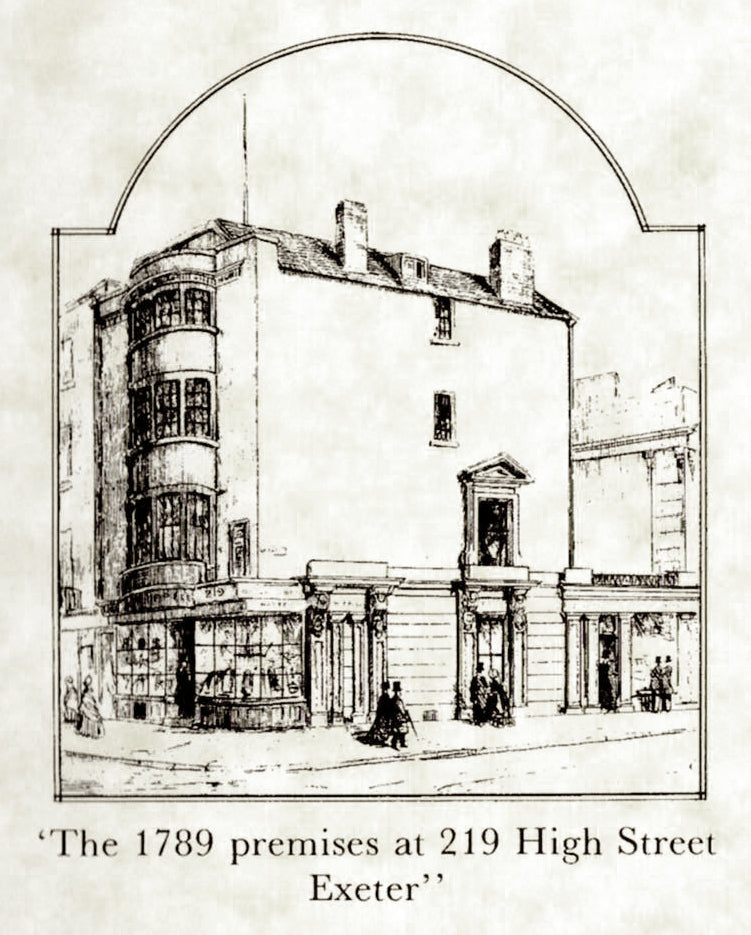
1789
Wippells was founded in 1789 by Joseph Wippell – the seventh son of a farming family in Devon. It began as a grocers and tea dealer, growing to include funeral services, fabrics trade, and tailoring under the guidance of his eldest son, Joseph Wippell Jr. He took the company to the Great Exhibition in 1851, and it was in this period that the business began decorating churches, forming a link with the Royal Worcester Company.
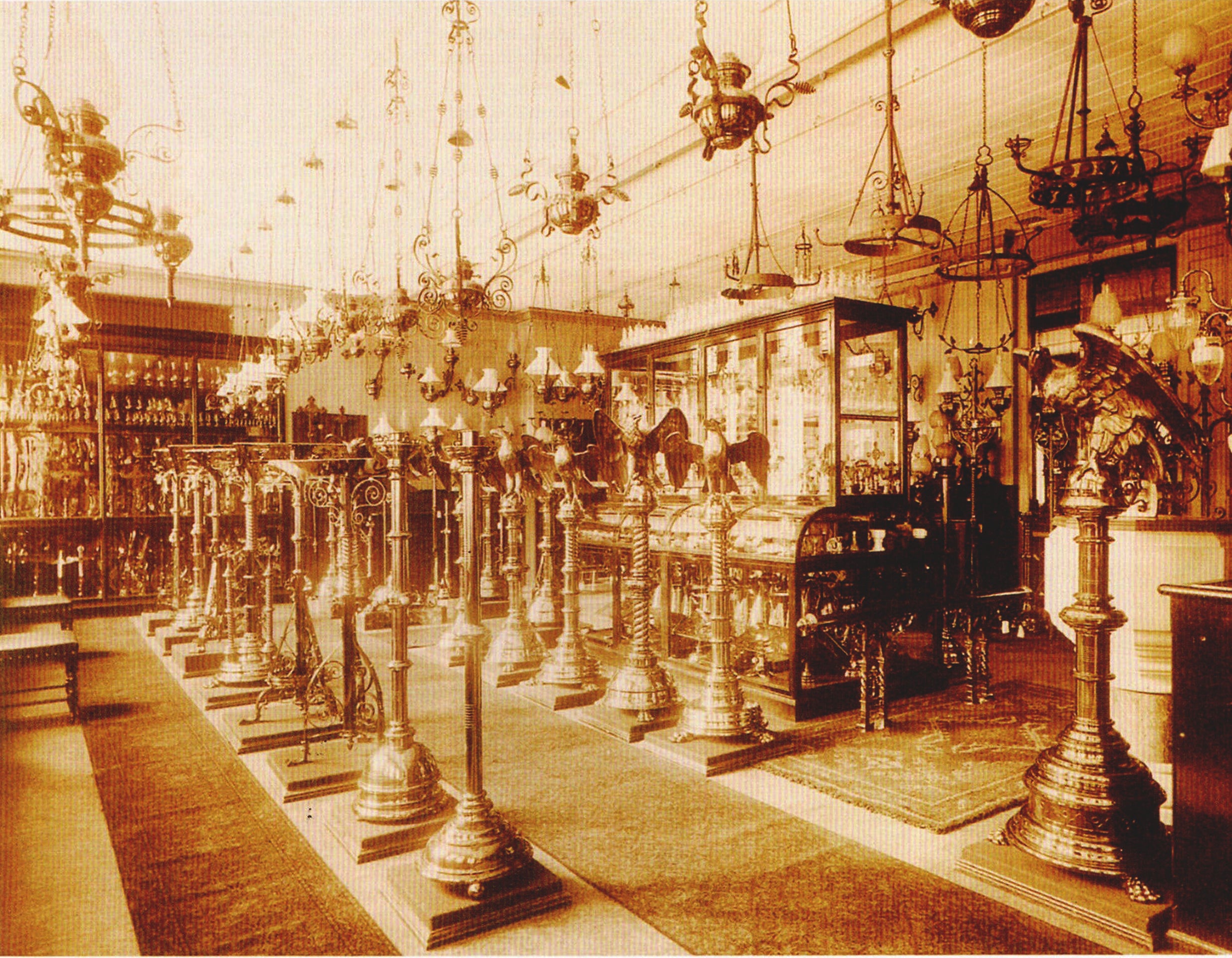
1879
Jospeh Wippell Jr. retired in 1879, handing the business to one of his nine sons, Henry Hugh Wippell.
Following a fire across Exeter High Street, in 1882, Henry Hugh oversaw a considerable expansion of the Wippells brand, purchasing fire-torn land.
In 1887, he also opened Wippells first London showroom in Charing Cross.
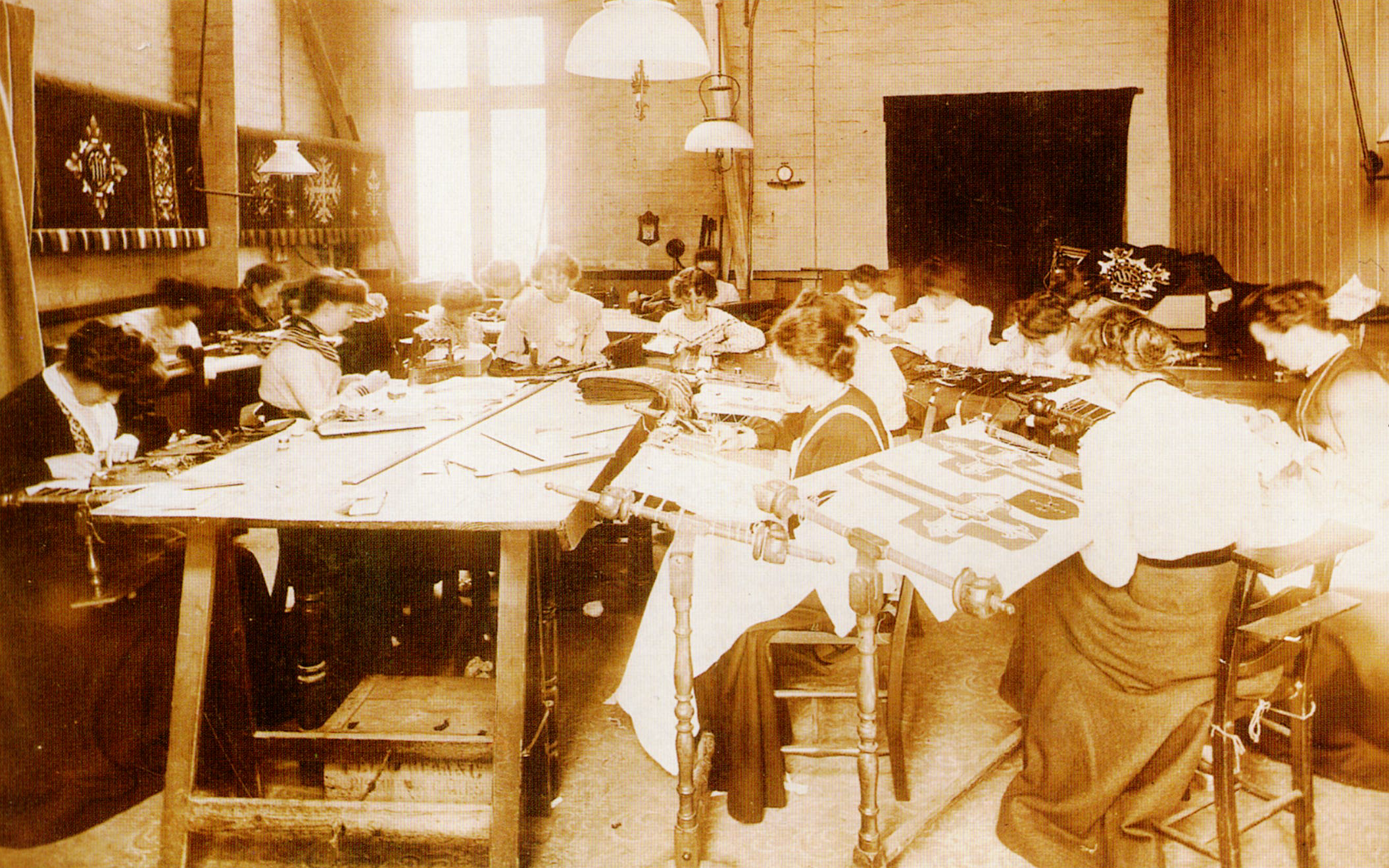
1914
With the advent of the First World War, Wippells manufactured military uniforms; two of Henry Hugh's sons enlisted, along with many of the workroom staff. The company continued to expand following the war, forming trade links with the US and Canada, and survived the difficult economic period of the 1930s.
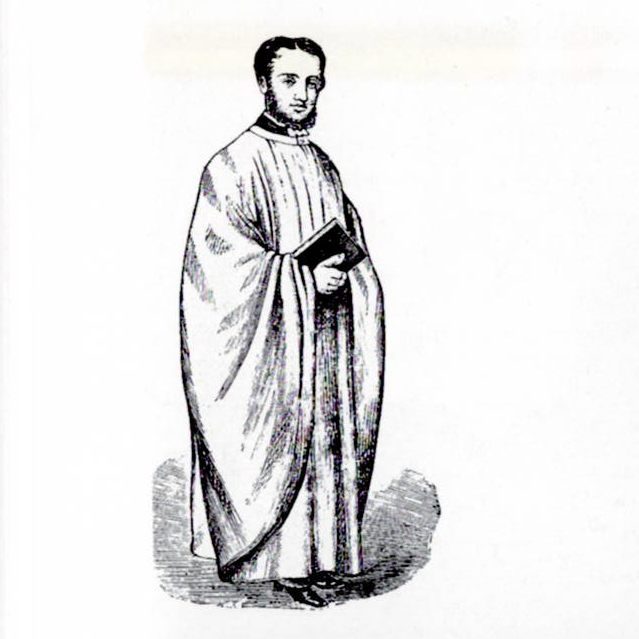
1939
During the Second World War, Wippells was contracted to make parachutes, as well as signal equipment and torpedo parts. Bombing destroyed the premises in Exeter High Street as well as other stores in Devon and Somerset; Wippells also survived years of fabric rationing, only resuming clerical and church outfitting in the late 40s.
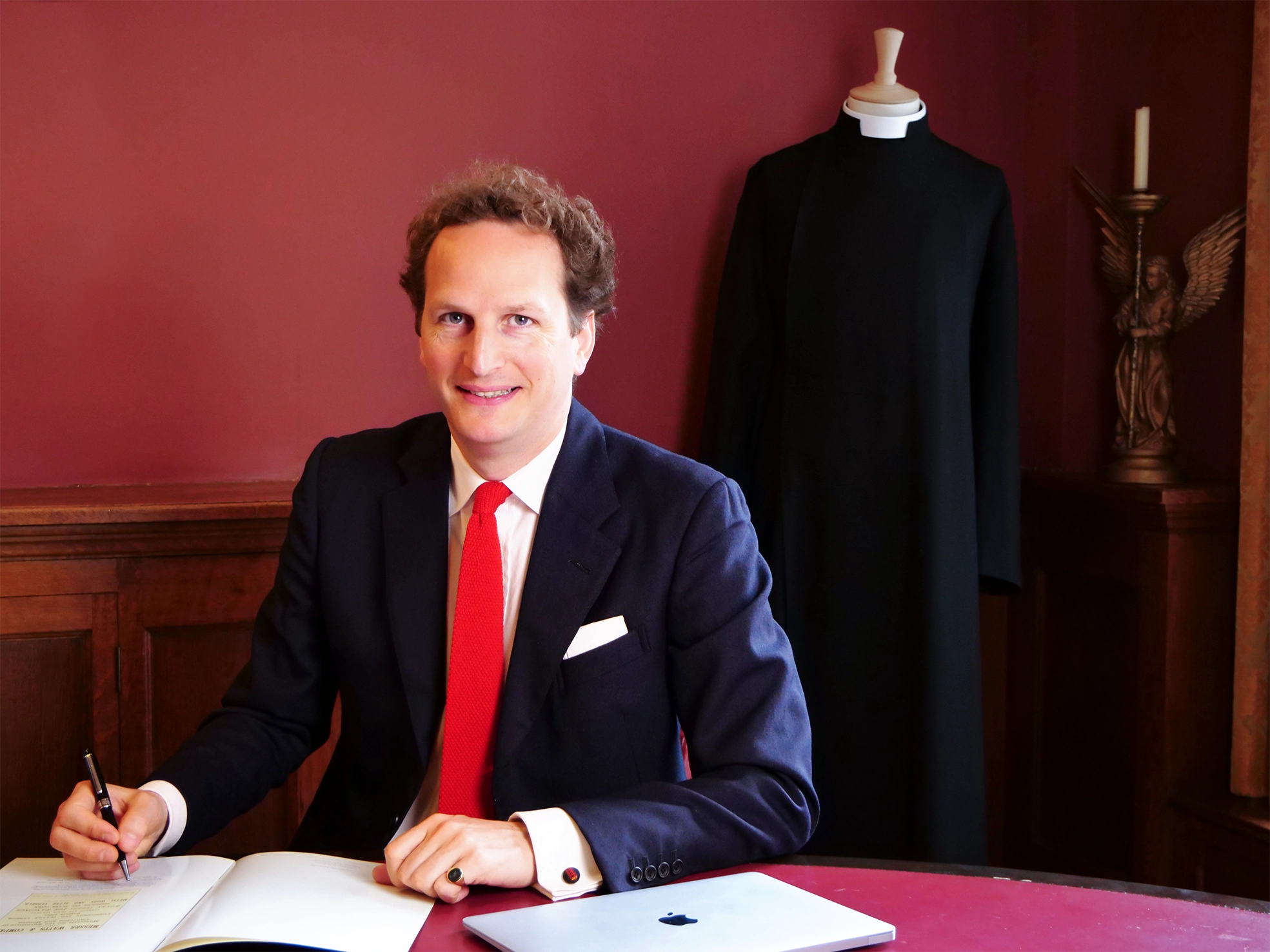
2024
In 2022, Wippells announced the closure of their physical locations in Exeter, London, Manchester, and New Jersey, USA. However, what seemed like the end of an era soon transformed into an exciting new beginning.
In the summer of 2024, clerical wear specialists and Westminster neighbours Watts & Co. stepped in, acquiring the beloved brand with the vision of preserving its rich heritage and craftsmanship. This acquisition ensured Wippells' centuries-old tradition of expert tailoring and church accessories would not only continue but thrive.
Now, 235 years after the company's founding, Wippells begins a new chapter, building on its foundations and knowledge as a clerical wear brand for the 21st Century.
Historical Figures
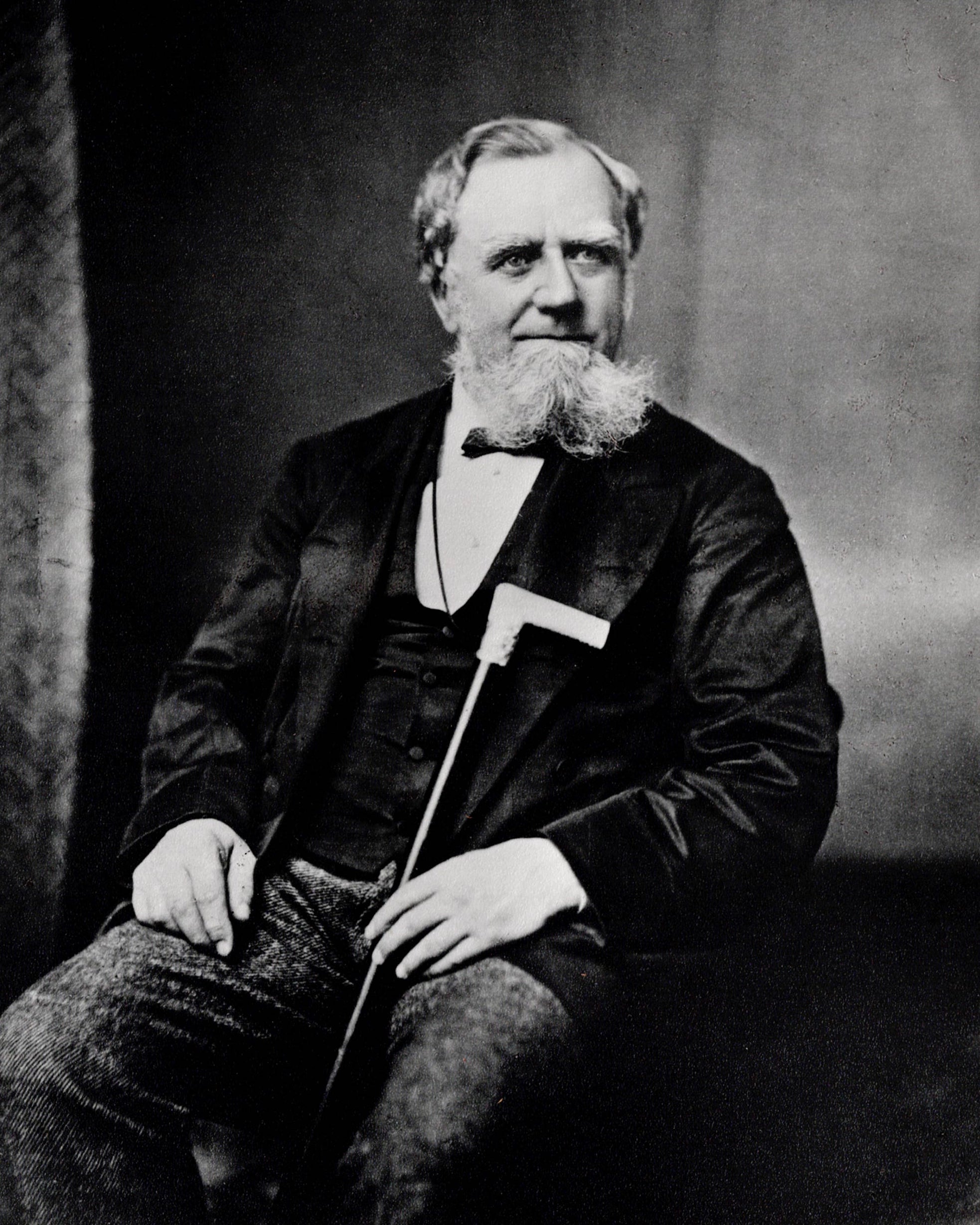
Joseph Wippell Jr.
Born in 1810 and possibly passing away in 1884, Joseph was a British grocer and a member of the Medical Committee of the Exeter Homeopathic Dispensary. He was the seventh child of a well-established farming family from Thorverton, north of Exeter. In 1802, he married his cousin Jane, and the couple moved to Exeter for Joseph to pursue a career as owner of Wippell.
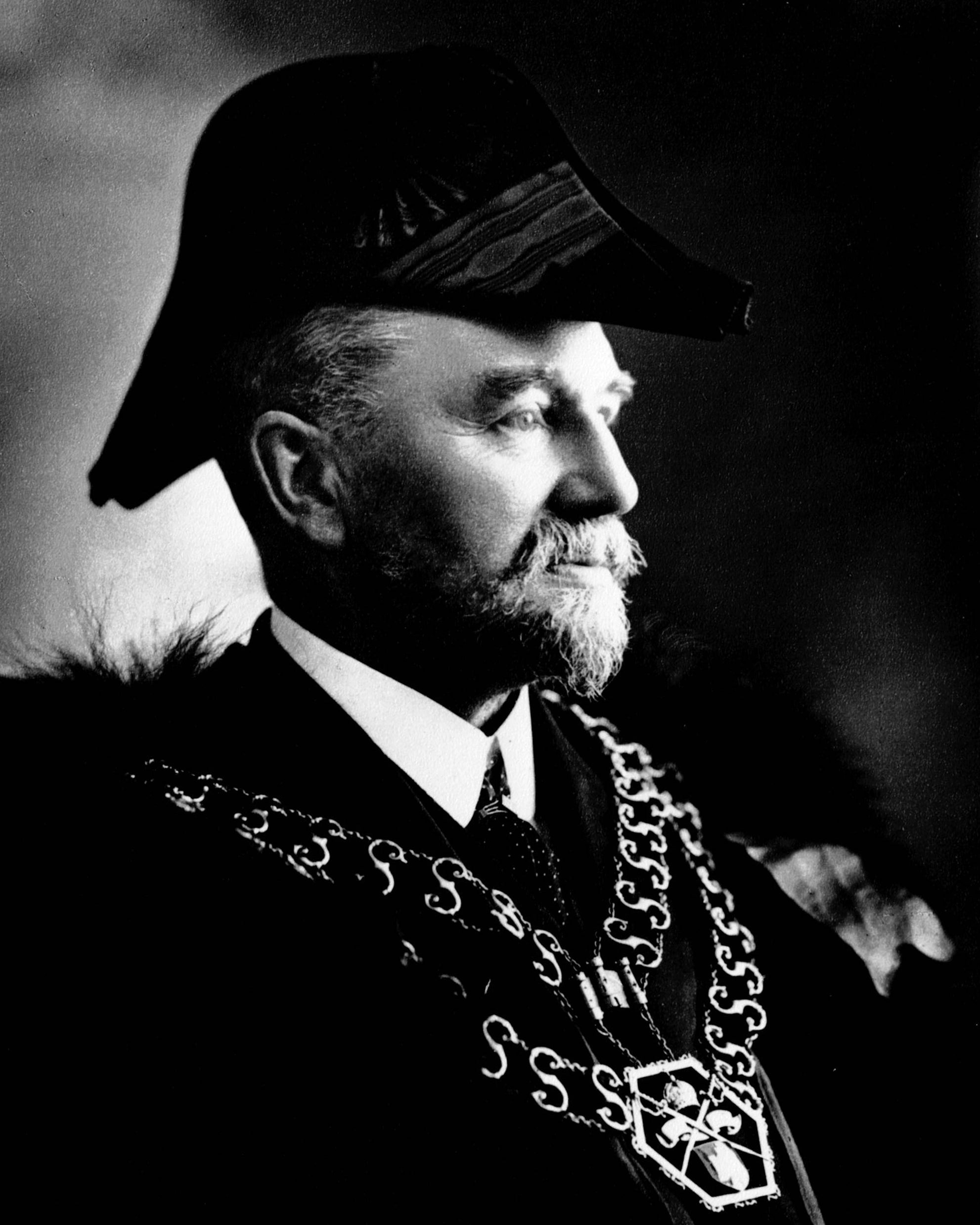
Henry Hugh Wippell
Born in All Hallows, Exeter, Devon, Henry was a significant figure in the history of J.Wippell & Co. He became the owner and first chairman of the company, and later became Mayor of Exeter in 1909. He passed away on June 22, 1912, in Exeter, Devonshire, leaving a solid foundation for the company's future success.
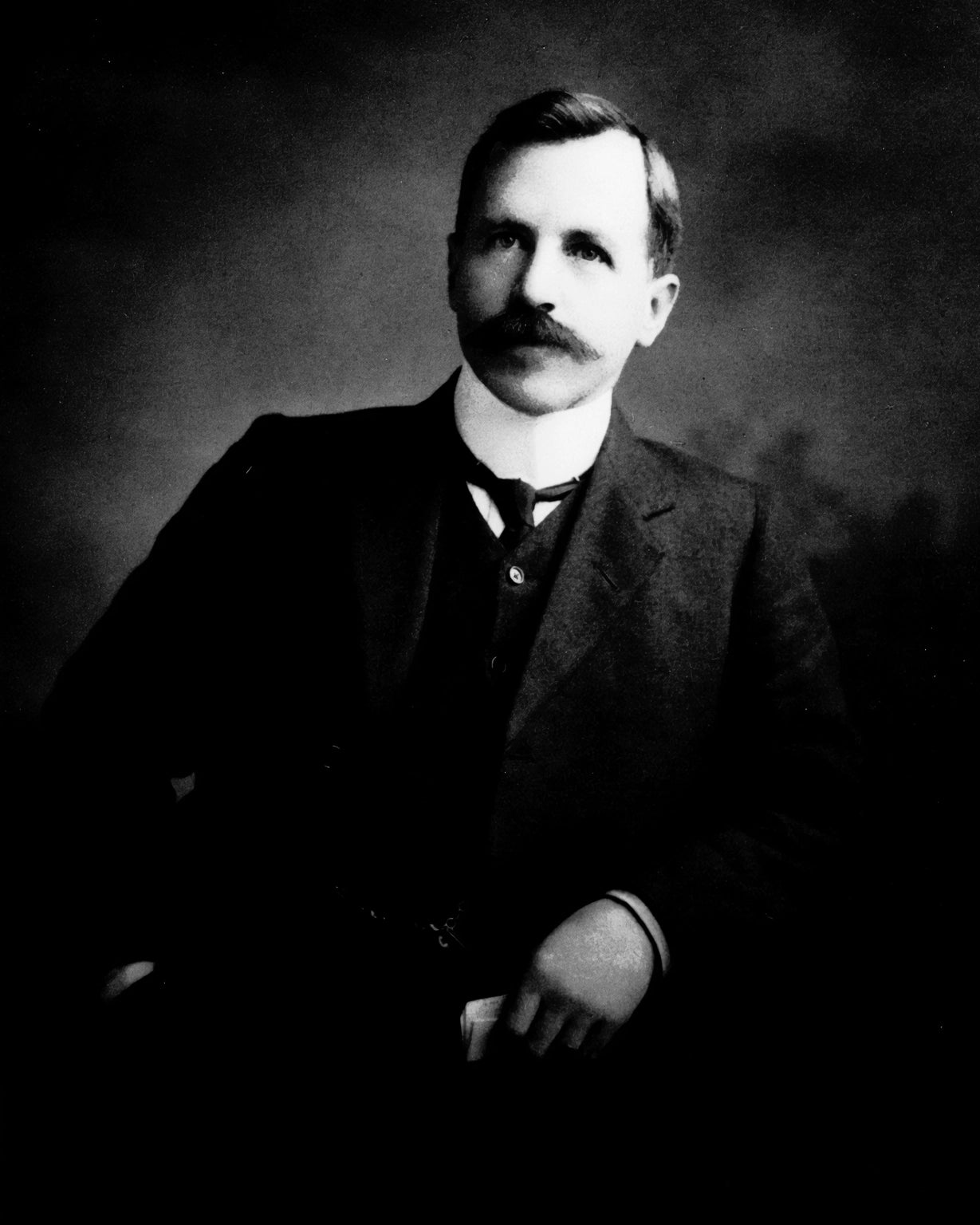
Arthur Bromley Sanders
Born on July 30, 1866, in Clerkenwell, Middlesex, England. His father, William Alfred Sanders, was 31, and his mother, Janet Kelday, was 29. In July 1898, he married Kate Elizabeth Wippell in Exeter, Devon, England. They had at least two sons and three daughters. He passed away on May 23, 1921, in Exeter, Devon, at the age of 54 and was buried in Higher Cemetery, Exeter.
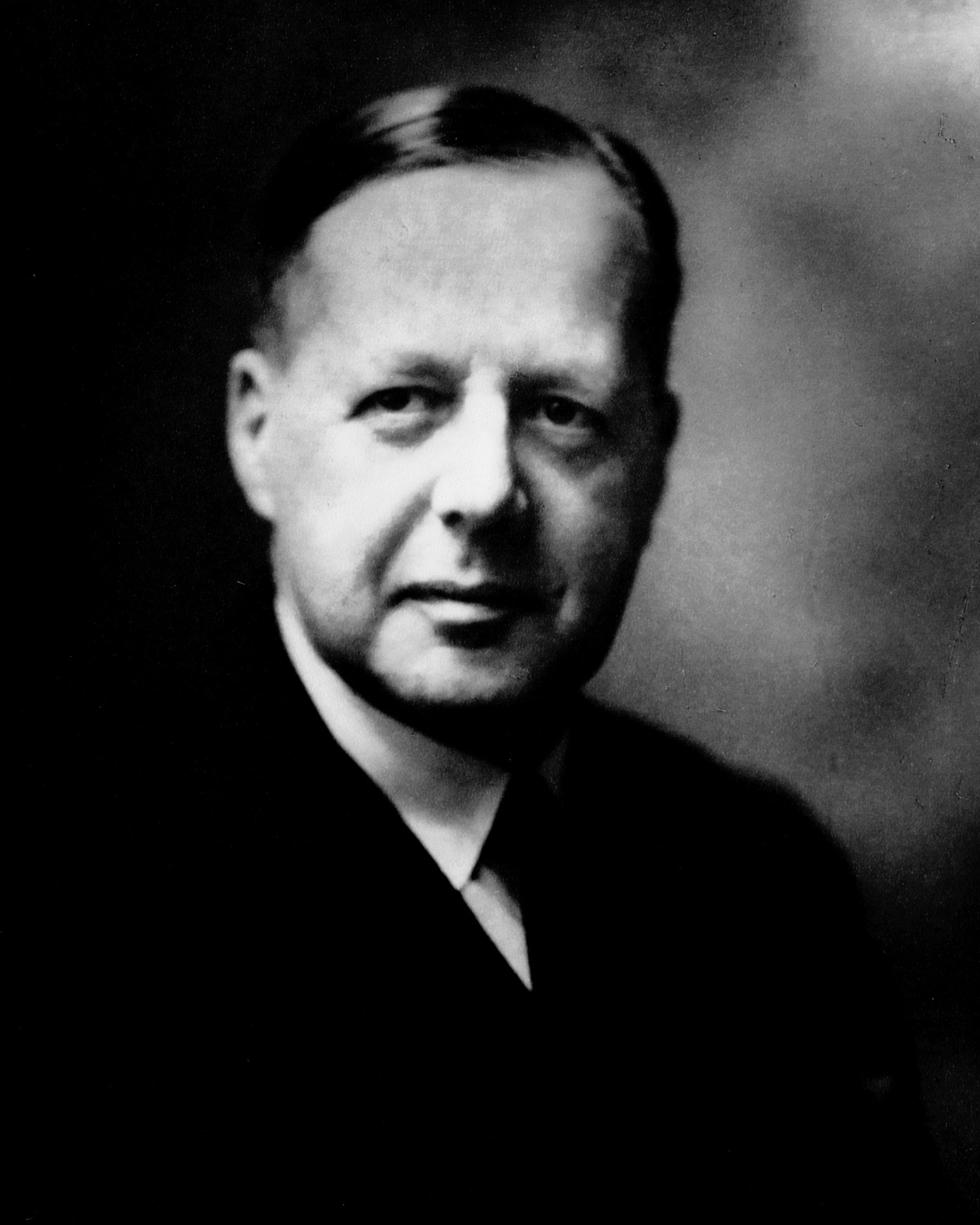
Ernest Henry Wippell
1879 – 1957
Director & Second Chairman (1902-54)
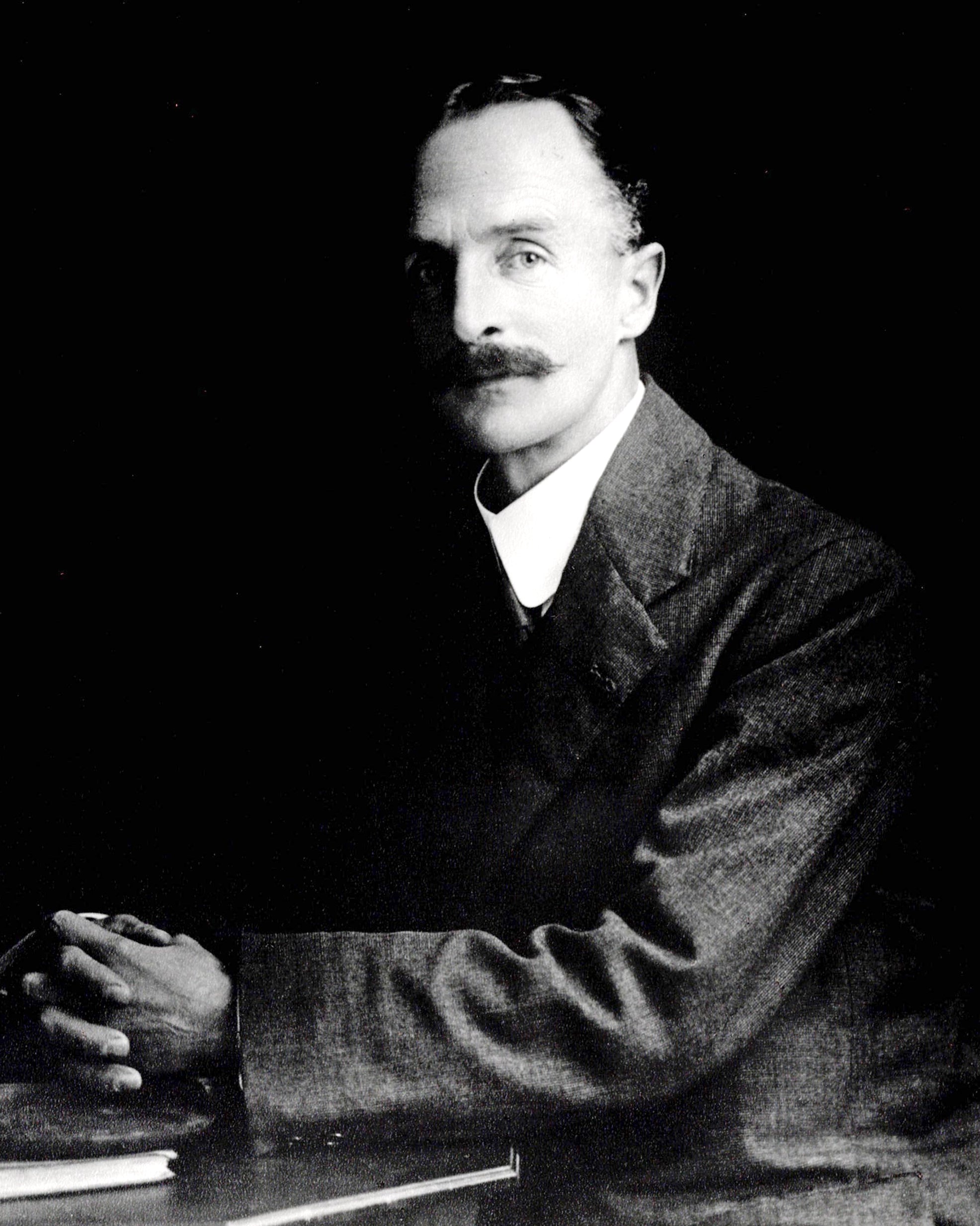
Joseph Charles Wippell
1869 – 1929
Director (1902-29)
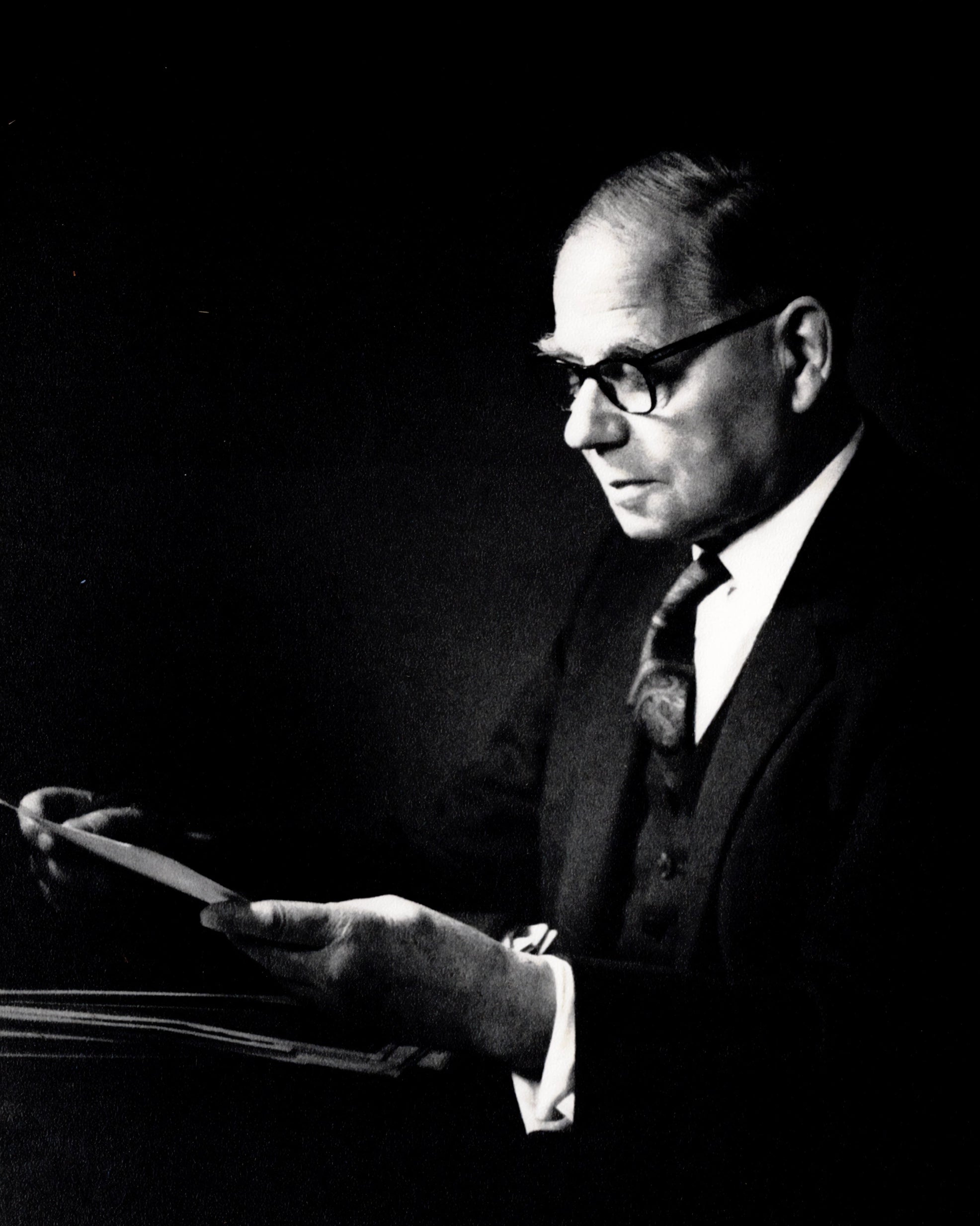
Donald Hugh Wippell
1887 – 1969
Director & Third Chairman (1916-61)
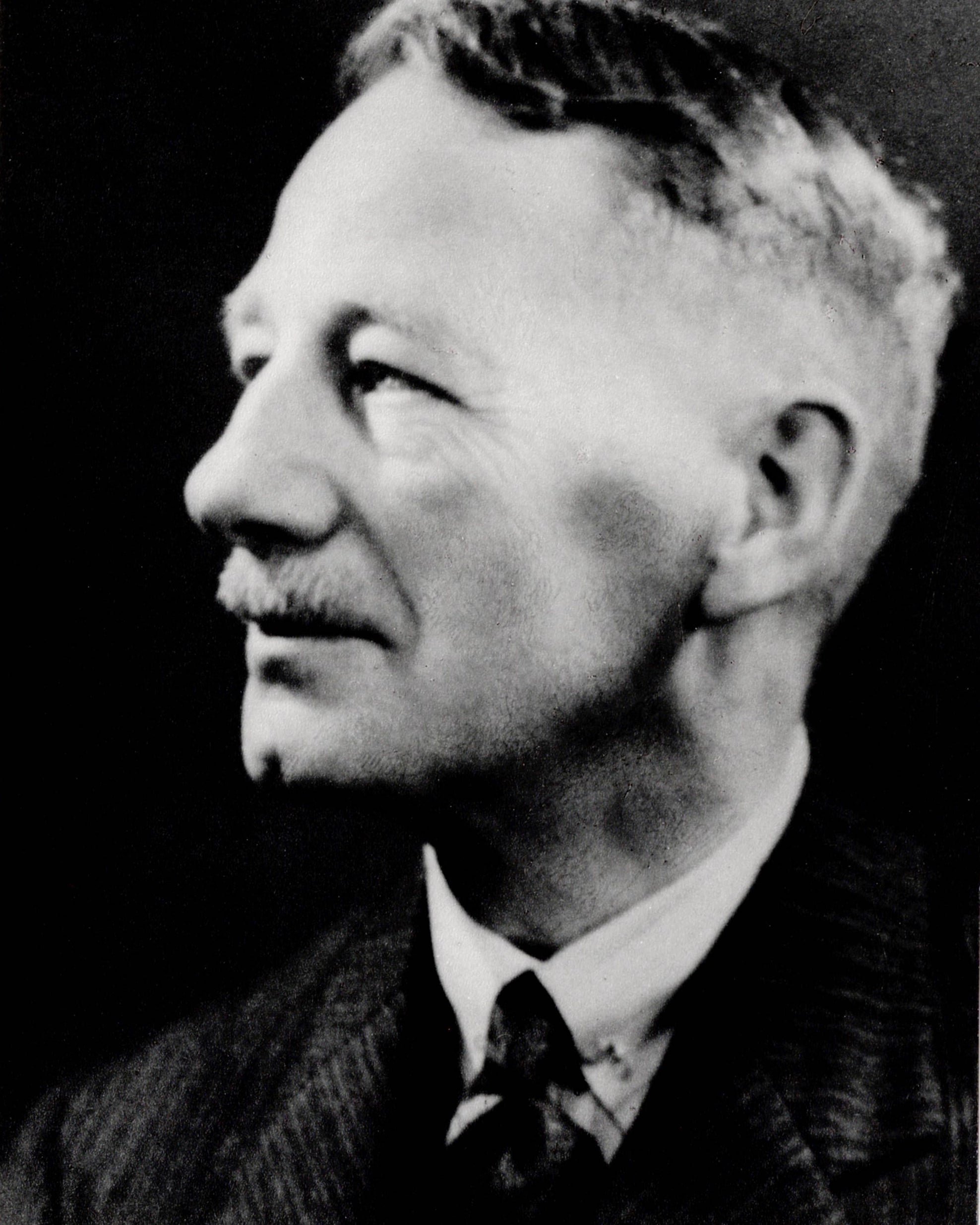
Ashley Gordon Wippell
1894 – 1941
Director (1916-41)
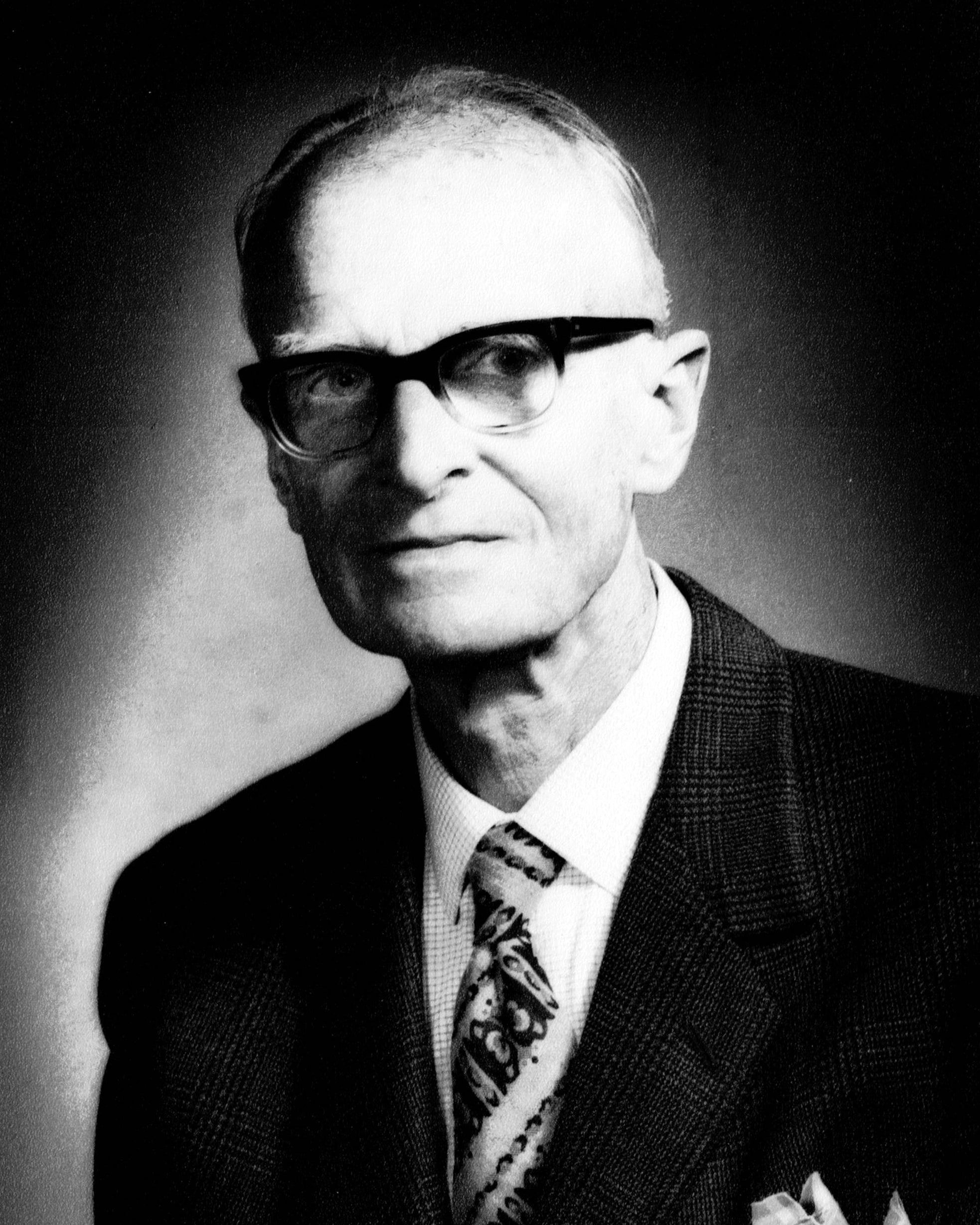
Joseph Howard Wippell
1903 – 1988
Director & Fourth Chairman (1931-61)
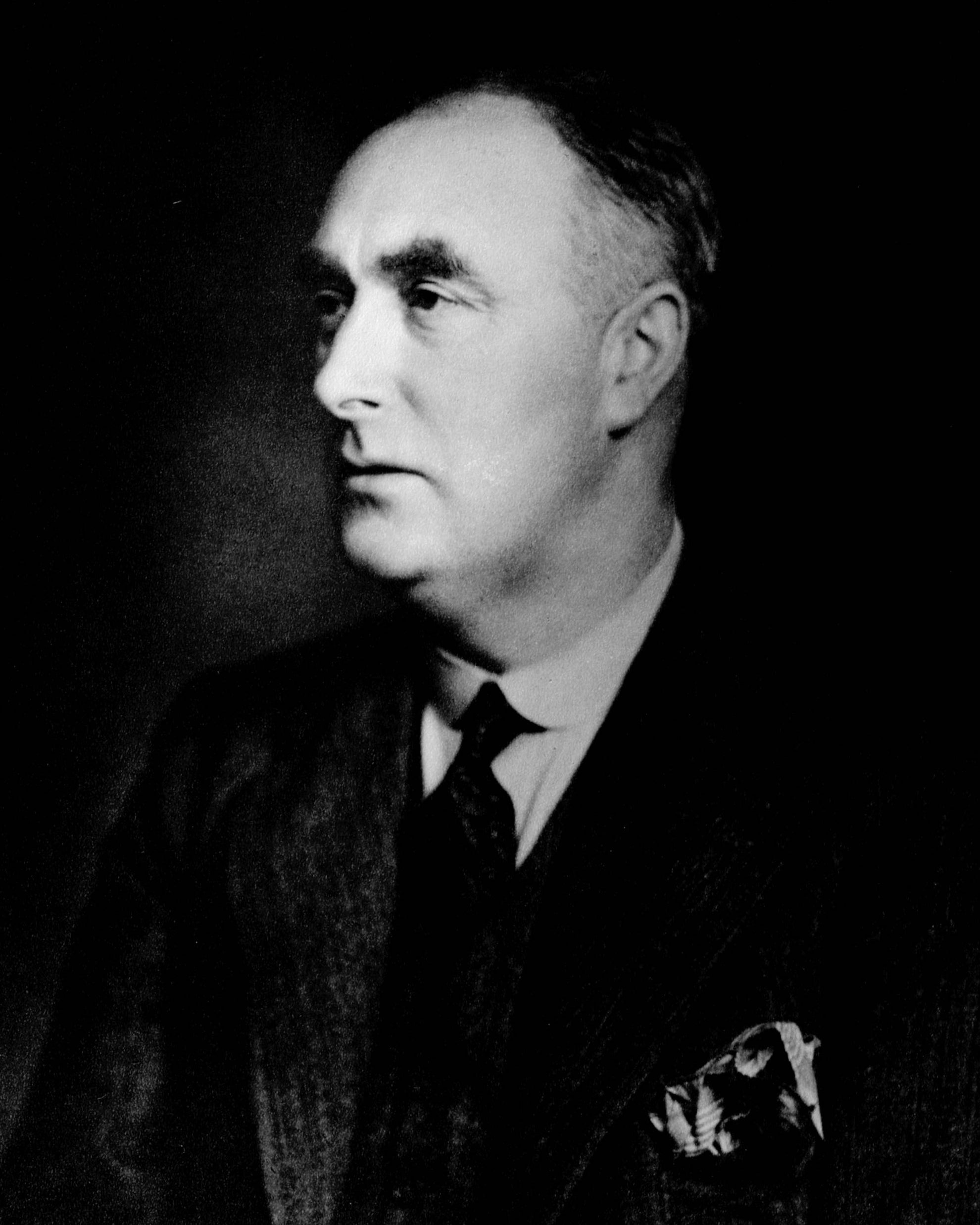
Herbert Francis Ford
1886 – 1962
Director (1940-52)
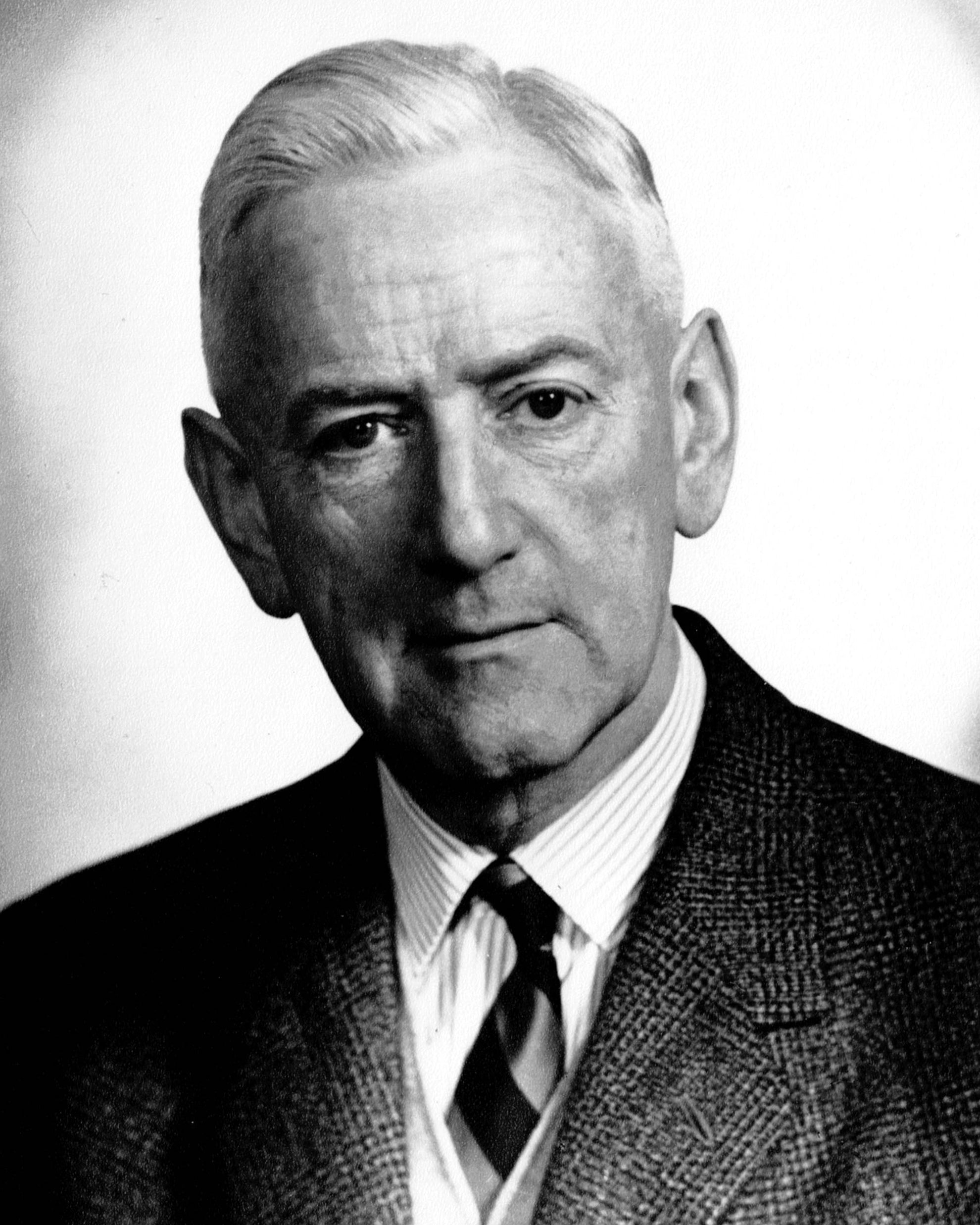
Harold Alfred Lewis
1903 – 1977
Director (1944-68)
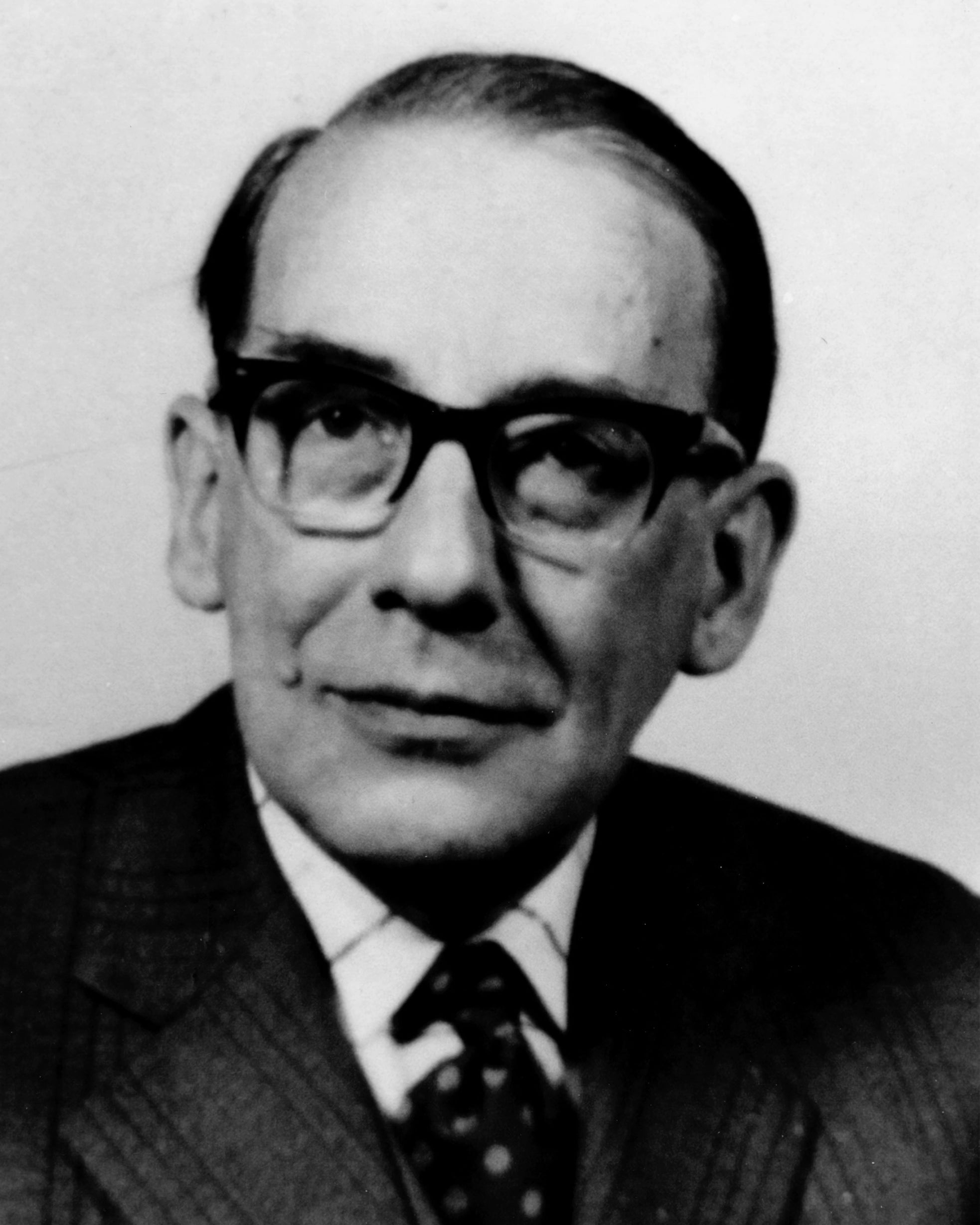
Michael Dean Wippell
1915 –
Director (1961-80)

